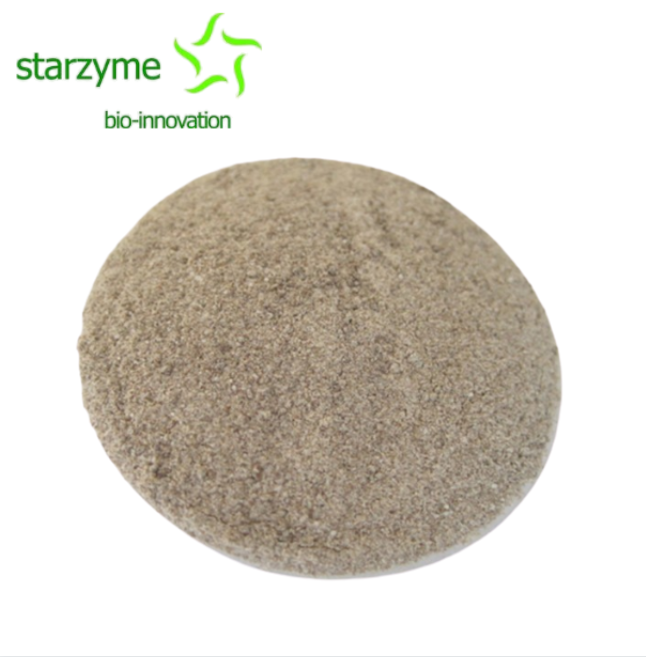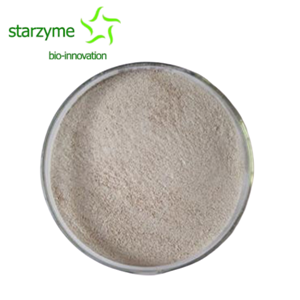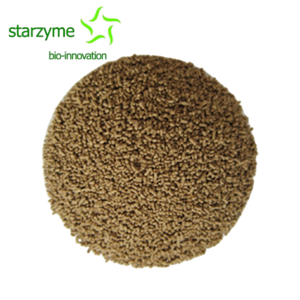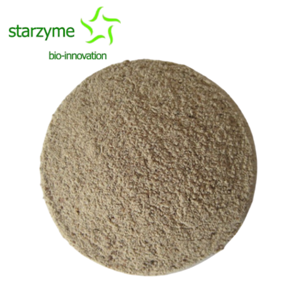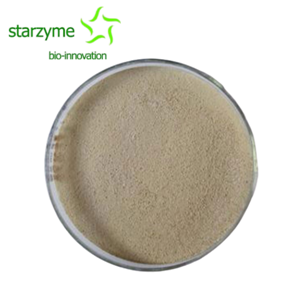Protease As a Feed Additive
Protease For Feed
Keratine, belonging to metalloproteases, relies on Zn ² ⁺/Ca ² ⁺ catalysis to hydrolyze peptide bonds. It originates from bacteria such as Bacillus subtilis and Bacillus licheniformis, and specifically decomposes keratin. Its optimal pH is 7.0-9.0 and its temperature resistance reaches 50-60 ℃. By hydrolyzing feather keratin Protease, absorbable small peptides are generated, which improves the utilization rate of feed protein. It can be used to process feathers, convert waste feathers into high protein feed materials, replace high priced protein sources such as fish meal and soybean meal, and reduce feed costs.
Pineapple Protease, belonging to cysteine Protease, relies on thiol (- SH) catalyzed hydrolysis of peptide bonds, derived from pineapple stem/fruit extraction. Its hydrolytic activity is more than 10 times higher than papain, and its optimal temperature is 55-65 ℃, pH 5.0-8.0, It has the ability to decompose proteins, peptides, and amines, with low residual enzyme activity to avoid excessive digestion. It is used in the feed of young animals (such as suckling pigs and chicks) to enhance protein digestion and absorption, assist in the treatment of animal intestinal inflammation, and reduce antibiotic dependence.
Fungal acid Protease, belonging to aspartic acid Protease, relies on aspartic acid residues (Asp) to catalyze the hydrolysis of peptide bonds. Originating from Aspergillus niger, it is most suitable for pH 3.0-4.0, tolerant to gastric acid environment, and works synergistically with endogenous animal pepsin to degrade soy antigen protein (such as β - associated soy globulin), eliminate anti nutritional factors, and is used for pre-treatment of high plant protein feed containing soybean meal and rapeseed meal, reducing animal diarrhea and improving the tolerance of weaned piglets to plant protein.
Bacillus alkaline Protease, belonging to serine Protease, relies on serine (Ser) - histidine (His) - aspartic acid (Asp) to catalyze the hydrolysis of peptide bonds in a trimeric system. This kind of Protease originates from Bacillus licheniformis and is most suitable for pH 8.0-9.0, adapting to the weakly alkaline environment of animal intestines. Hydrolyze plant protein binders in aquatic feed to improve the stability of pellet feed in water.
Papain, a cysteine Protease, relies on thiol groups (- SH) to catalyze the hydrolysis of peptide bonds. It originates from papaya and is most suitable for pH 6.0-7.0. Protease hydrolyzes animal and plant proteins, peptides, and esters, and has a significant effect on the decomposition of soy antigen proteins (such as β - soy globulin). This Protease eliminates the adhesion sites of Escherichia coli in the intestine, prevents pathological diarrhea, hydrolyzes difficult to digest proteins in feed (such as feather powder and soybean meal), and releases small peptides and amino acids.

